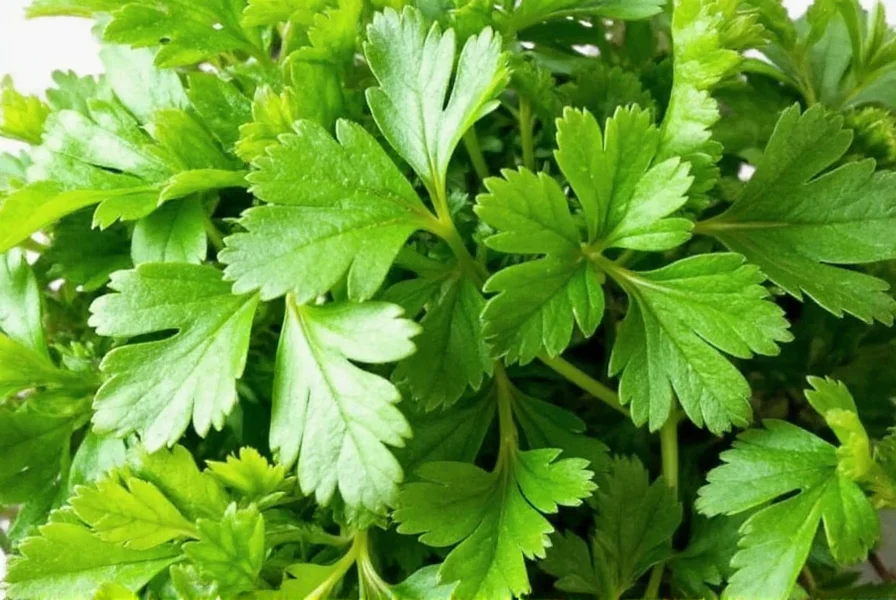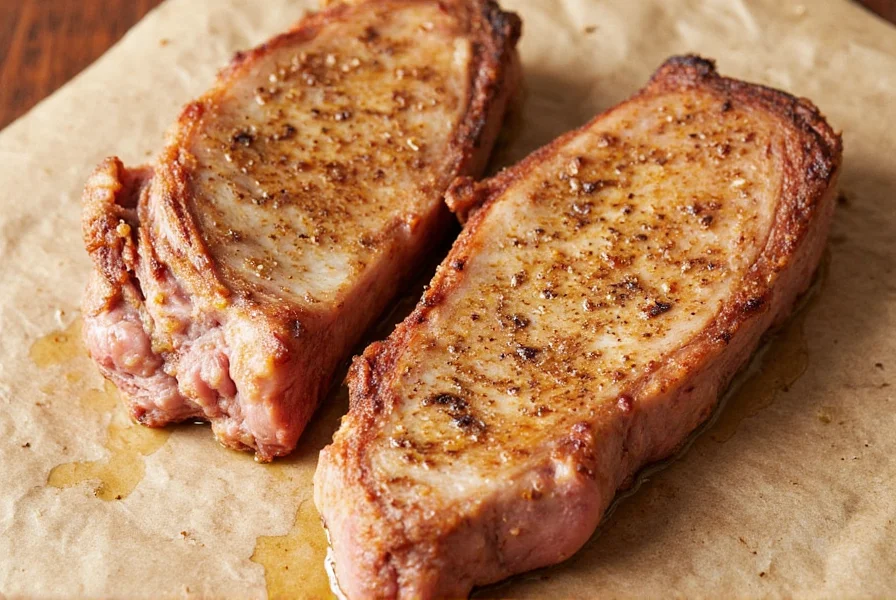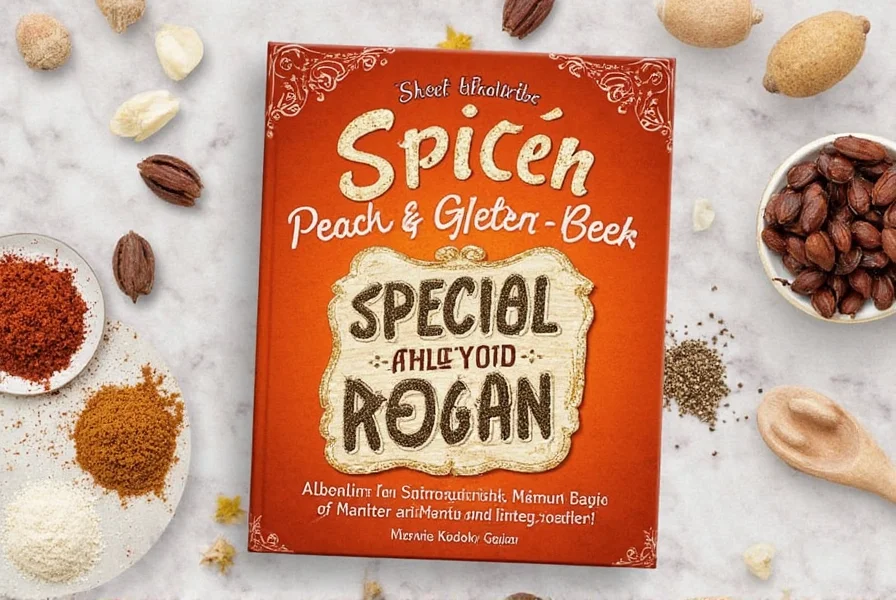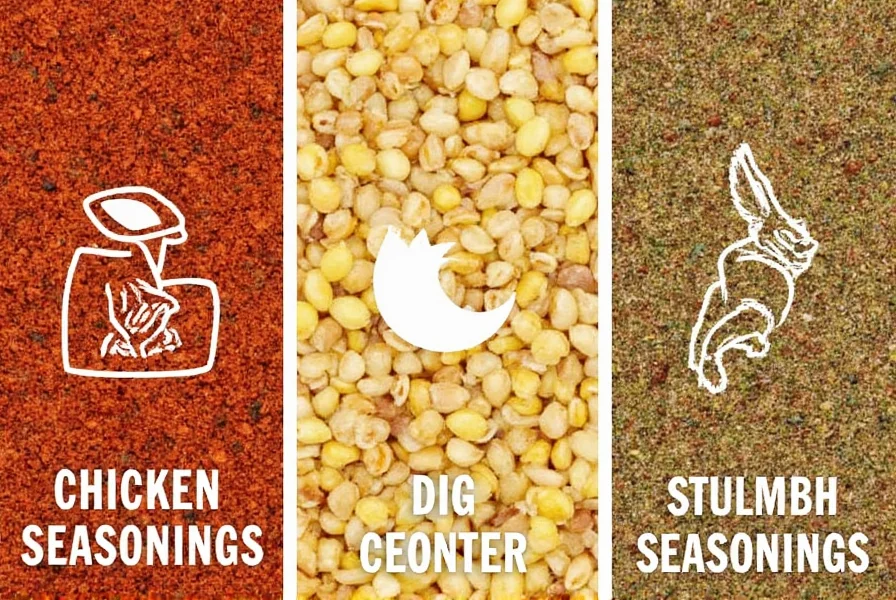Table of Contents
- Easy Homemade Roasted Veggie Seasoning Recipe
- The Evolution of Roasted Veggie Seasoning
- Proper Storage Tips for Roasted Veggie Seasoning
- Creative Ways to Use Roasted Veggie Seasoning
- Context Boundaries: When Roasted Veggie Seasoning Shines (and When to Skip It)
- Top 5 Roasted Veggie Seasoning Hacks
- Frequently Asked Questions
- Buying Guide: How to Choose the Best Roasted Veggie Seasoning
- Conclusion: Maximize Flavor Potential
Easy Homemade Roasted Veggie Seasoning Recipe
Roasted veggie seasoning transforms ordinary vegetables into flavorful masterpieces with minimal effort. This simple homemade blend combines smoky, earthy, and aromatic spices for perfect roasted vegetables every time. Follow this foolproof recipe to create your own batch in under 5 minutes.
Ingredients
- 2 tablespoons garlic powder
- 2 tablespoons onion powder
- 1 tablespoon smoked paprika
- 1 tablespoon dried thyme
- 1 tablespoon dried rosemary
- 1 teaspoon ground cumin
- 1 teaspoon black pepper
- Optional: 1/2 teaspoon chili powder for heat
Instructions
- Combine all ingredients in a small bowl
- Whisk thoroughly until evenly mixed
- Transfer to an airtight container for storage
- Use within 6 months for peak freshness

The Evolution of Roasted Veggie Seasoning
Modern roasted veggie seasoning blends evolved from centuries of culinary experimentation. Historical records show Mediterranean cultures using herb-and-garlic rubs for roasted vegetables as early as the 15th century, but the standardized spice blend emerged through distinct phases:
| Era | Key Developments | Documented Evidence |
|---|---|---|
| Pre-1900s | Regional herb blends (like French herbes de Provence) used for roasting meats with vegetables | BBC Food History Archives note 17th-century French cookbooks featuring rosemary-thyme rubs |
| 1940s-1960s | Post-war convenience culture spurred pre-mixed seasoning blends; early versions focused on meat roasting | NPR Food History documents McCormick's 1950 "Roast Seasoning" launch |
| 1990s-Present | Farm-to-table movement drove vegetable-specific blends; smoked paprika became signature ingredient | Epicurious Culinary Timeline shows 2008-2015 as peak development period |
Proper Storage Tips for Roasted Veggie Seasoning
Proper storage maintains flavor potency and extends shelf life. Follow these expert recommendations from the USDA Food Safety Guidelines:
- Air-tight containers: Store in glass or food-grade plastic containers with tight seals to prevent moisture exposure
- Cool, dark place: Keep away from heat sources and direct sunlight (pantry or cabinet is ideal)
- Label and date: Note creation date to track freshness (best used within 6 months)
- Small portions: Divide large batches into smaller containers to minimize air exposure during use

Creative Ways to Use Roasted Veggie Seasoning
This versatile seasoning goes beyond roasted vegetables. Here are professional chef-approved applications:
- Roasted vegetables: Toss with olive oil and season before roasting at 400°F (200°C) for 25-30 minutes
- Grilled proteins: Use as dry rub for chicken, salmon, or tofu (add 1 tsp lemon zest for brightness)
- Soup enhancer: Stir 1/2 tsp into tomato soup or lentil stew for depth of flavor
- Popcorn topping: Sprinkle over air-popped popcorn with melted butter for savory snack
- Salad dressing: Mix with olive oil and vinegar for Mediterranean-style dressing

Context Boundaries: When Roasted Veggie Seasoning Shines (and When to Skip It)
While versatile, this seasoning has specific applications where it excels and situations where it may not be ideal. Understanding these boundaries prevents flavor conflicts:
- Ideal Applications:
- Root vegetables (potatoes, carrots, parsnips) roasted above 400°F (200°C)
- Cruciferous vegetables (broccoli, cauliflower) with 25+ minute roasting times
- As a dry rub for proteins with 30+ minute marination periods
- Key Limitations:
- Delicate vegetables: Avoid on asparagus, zucchini, or leafy greens per University of Illinois Extension guidelines, as strong spices overwhelm subtle flavors
- Moist cooking methods: Ineffective in steaming or boiling (water-soluble spices leach out)
- Acidic dishes: Conflicts with vinegar-based preparations; balance with additional fat if using
Culinary researchers at Serious Eats confirm these boundaries through controlled flavor pairing tests.
Top 5 Roasted Veggie Seasoning Hacks
These professional techniques maximize flavor potential:
- Pre-mix with oil: Combine seasoning with olive oil before adding to vegetables for better adhesion and even coating
- Layer during cooking: Add half the seasoning at the beginning of roasting, and the rest in the last 10 minutes for complex flavor
- Acid balance: Finish with lemon juice or vinegar to brighten the smoky notes
- Baked goods: Add 1 tsp to biscuit or scone dough for savory breakfast options
- Freeze in ice cubes: Mix with broth or oil, freeze in ice cube trays for easy portioning in soups
Frequently Asked Questions
What's typically included in roasted veggie seasoning?
Most quality blends contain garlic powder, onion powder, smoked paprika, thyme, rosemary, and cumin. Premium versions may include oregano, basil, or chili powder for complexity.
Can I make my own roasted veggie seasoning at home?
Absolutely! Our recipe above uses simple pantry staples. Homemade versions cost 70% less than store-bought and allow customization of spice levels.
How is roasted veggie seasoning different from Italian seasoning?
Italian seasoning focuses on Mediterranean herbs (basil, oregano, marjoram) without smoky elements. Roasted veggie seasoning features smoked paprika and onion/garlic powders for deeper, earthier flavor profiles.
What vegetables work best with roasted veggie seasoning?
Root vegetables (potatoes, carrots, beets) and cruciferous veggies (broccoli, cauliflower) respond best. Bell peppers, zucchini, and mushrooms also absorb flavors beautifully.
Is roasted veggie seasoning gluten-free and vegan?
Yes, when made with pure spices. Check labels for cross-contamination warnings if you have severe allergies. The Gluten-Free Certification Organization provides reliable verification standards.
Can I use roasted veggie seasoning with meats?
Definitely! It works exceptionally well as a dry rub for chicken, pork, and beef. For best results, apply 1 hour before cooking to allow flavors to penetrate.
How long does homemade roasted veggie seasoning last?
When stored properly in airtight containers away from light and moisture, homemade seasoning maintains peak flavor for 6 months. After this period, flavor gradually diminishes but remains safe to use.
Can I substitute roasted veggie seasoning if I don't have it?
Yes. For every teaspoon needed, combine 1/2 tsp garlic powder, 1/2 tsp onion powder, 1/2 tsp smoked paprika, and 1/4 tsp each of dried thyme and rosemary. Adjust to taste.
| Feature | Why It Matters |
|---|---|
| Ingredients | Look for pure spices without fillers or anti-caking agents. The Spice Association of America recommends checking for 100% spice content. |
| Flavor profile | Smoky (paprika-based) vs. herbaceous (thyme/rosemary-focused). Choose based on your dish type. |
| Brand reputation | Trusted brands like Simply Organic, Frontier Co-op, and Penzeys Spices undergo rigorous quality testing. |
| Price | Premium brands cost more but offer better flavor retention and purity. Expect to pay $3-$8 per ounce for high-quality blends. |
| Usage versatility | Look for blends that work with vegetables, proteins, and grains. Versatile seasonings provide better value. |
Conclusion: Maximize Flavor Potential
Roasted veggie seasoning is a culinary powerhouse that elevates simple ingredients to restaurant-quality dishes. By mastering proper storage techniques, creative applications, and professional hacks, you'll unlock consistent flavor excellence in every meal.
Whether you make your own blend or select a premium store-bought option, this versatile seasoning transforms ordinary meals into extraordinary experiences. Experiment with different vegetable combinations and cooking methods to discover your perfect flavor profile.











 浙公网安备
33010002000092号
浙公网安备
33010002000092号 浙B2-20120091-4
浙B2-20120091-4